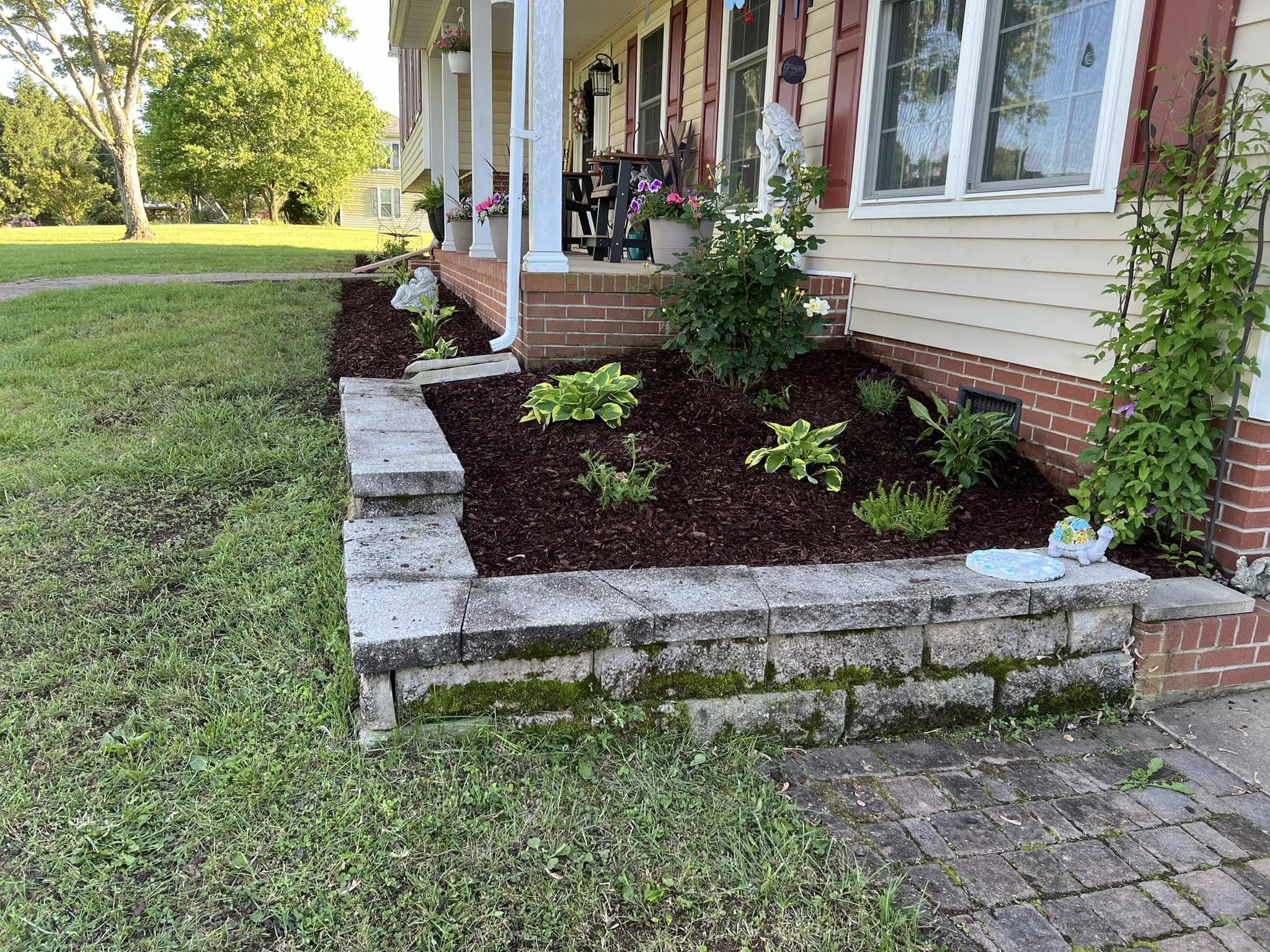
Eco-Friendly Lawn Care: Sustainable Practices for a Greener Future Oct 04, 2025
To begin with, reconsider your choice of grass and plants. Traditional lawns can require excessive water and chemicals. Opt for native grasses and drought-resistant plants that naturally thrive in your local climate. These species are more resilient to pests and require less water and fertilizer, reducing your lawn’s dependency on chemicals. Ridgewood Lawn Care LLC advises conducting a soil test before planting to understand your soil's composition and nutrient needs, ensuring that your lawn care is tailored and efficient.
Water conservation is a crucial aspect of sustainable lawn care. Implementing a smart irrigation system can dramatically reduce water waste. These systems can be programmed to water your lawn during cooler parts of the day, minimizing evaporation. Drip irrigation, in particular, delivers water directly to the roots, conserving water and promoting healthy growth. Additionally, consider collecting rainwater as an alternative irrigation source; simple rain barrels can offer a sustainable and cost-effective water supply.
Fertilization should also be approached from an eco-conscious perspective. Organic fertilizers, made from natural materials, release nutrients slowly and improve soil health over time. Composting yard waste, such as grass clippings and leaves, can create nutrient-rich compost that acts as a natural fertilizer. This not only reduces waste but also enhances the soil structure, water retention, and beneficial microbial activity in your lawn.
Mowing practices can have a surprising impact on the environment. Set your mower blades higher; taller grass shades the soil, reducing water loss, and suppressing weed growth. Electric mowers, which are quieter and emit no fumes, are a great alternative to traditional gasoline-powered mowers. Regular maintenance of your mower, such as sharpening blades and tuning the engine, ensures it operates efficiently and sustainably.
Pest control is another area where eco-friendly practices can make a difference. Integrated Pest Management (IPM) strategies focus on long-term prevention of pests through biological control, habitat manipulation, and resistant plant varieties. This reduces the need for chemical pesticides. Encourage beneficial insects such as ladybugs and bees by planting nectar-rich flowers and maintaining natural plant diversity.
Incorporating hardscape elements into your landscape can also enhance sustainability. Permeable paving solutions—like porous concrete or interlocking pavers—permit rainwater to filter through the pavement back into the ground, reducing runoff and promoting groundwater recharge. Ridgewood Lawn Care LLC can help you design and install hardscaping features that not only complement your garden but also align with green practices.
In conclusion, transitioning to an eco-friendly lawn care routine can greatly contribute to environmental sustainability while still achieving a beautiful landscape. By choosing native plants, conserving water, utilizing organic fertilizers, practicing mindful mowing, and adopting natural pest control methods, you can enjoy a thriving yard that’s both healthy for you and the planet. Ridgewood Lawn Care LLC is dedicated to helping you implement these sustainable practices, ensuring that your lawn care efforts contribute to a greener, more sustainable future for everyone.
/filters:no_upscale()/media/75a4730c-b547-48d1-b58c-a17fce880f61.jpeg)
/filters:no_upscale()/filters:format(webp)/media/d37cd483-a99a-4592-86c4-3e97bda5ef24.jpeg)